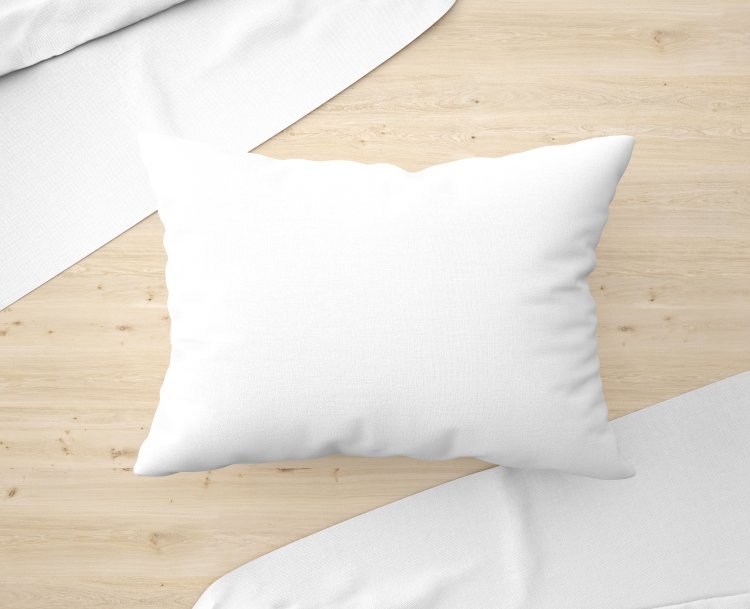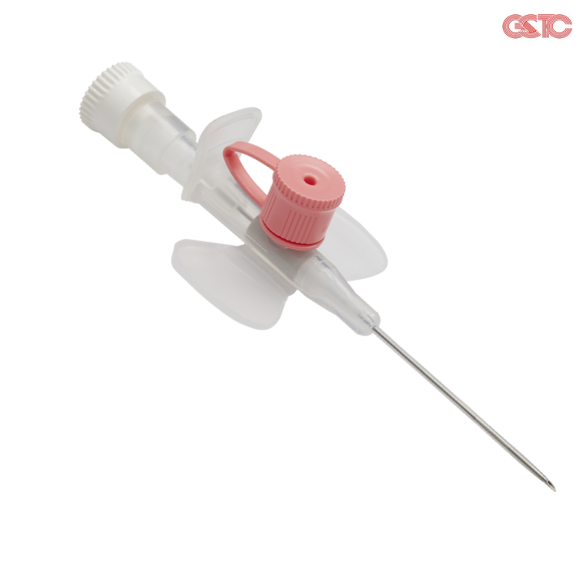Microfiber vs. Memory Foam: Which one is the best?
In the blog post "Microfiber vs. Memory Foam: Which One Is the Best?", we delve into the differences between microfiber and memory foam to help you determine which material is best suited for your needs. We compare their characteristics, benefits, and drawbacks, focusing on aspects like comfort, durability, cost, and maintenance. By understanding these factors, you can make an informed decision when choosing between microfiber and memory foam for your home furnishings.

Are you feeling sleepy all the time and in need of a better night's rest? Choosing the right bedding materials can make a world of difference. In this blog post, we will explore the battle between microfiber and memory foam to help you decide which option is best for your sleep needs. Let's dive into the cozy world of textiles and foam for a well-deserved snooze!
Differences Between Microfiber and Memory Foam
When it comes to bedding and sleep products, microfiber and memory foam are two popular materials known for their unique characteristics.
Microfiber is a synthetic material made from finely woven fibers that are incredibly soft to the touch. It is lightweight, durable, and easy to care for, making it a popular choice for sheets, comforters, and pillowcases.
Memory foam, on the other hand, is a viscoelastic material that conforms to your body's shape when pressure is applied. This provides excellent support and helps relieve pressure points while you sleep. Memory foam pillows and mattresses are highly recommended for those seeking enhanced comfort during their slumber.
While microfiber offers a luxurious feel and is simple to maintain, memory foam excels in providing personalized support tailored to your body's needs. Each material has its own advantages based on individual preferences and sleeping habits.
Related: Memory Foam Vs Microfiber Pillow
Uses for Microfiber Products
Looking for versatile cleaning tools that are gentle yet effective? Microfiber products might just be your new best friend.
Microfiber cloths are perfect for wiping down surfaces without leaving streaks behind, making them ideal for cleaning windows, mirrors, and countertops. Their super absorbent nature also makes them great for mopping up spills in the kitchen or bathroom.
If you're tired of dealing with dust on your furniture or electronics, microfiber dusters can quickly pick up dirt and debris with ease. They're gentle enough to use on delicate items like picture frames or figurines without causing any damage.
For those who love a sparkling car interior, microfiber towels are excellent for wiping down dashboards, seats, and windows without scratching the surfaces. Plus, they can easily be washed and reused multiple times, making them an eco-friendly choice.
Whether you're tackling household chores or detailing your car, microfiber products offer a convenient and efficient solution to keep your spaces clean and spotless.
Uses for Memory Foam Products
When it comes to memory foam products, the uses are versatile and beneficial. One common application is in mattresses, providing a comfortable and supportive surface for a restful night's sleep. The contouring properties of memory foam help alleviate pressure points and promote proper spinal alignment.
Memory foam pillows are another popular choice, offering personalized support by molding to the shape of your head and neck. This can reduce neck pain and improve overall sleep quality. Additionally, memory foam mattress toppers can revitalize an old mattress or enhance the comfort of a too-firm bed.
Beyond bedding, memory foam is also used in seat cushions for chairs and car seats, providing cushioning for extended periods of sitting. Some people even use memory foam pet beds to ensure their furry friends have a cozy place to rest.
The uses for memory foam products extend beyond just sleeping surfaces, making them a practical addition to daily life.
Conclusion
As we've explored the world of microfiber and memory foam, it's clear that both materials offer unique benefits. Whether you're looking for softness and durability in microfiber or support and comfort in memory foam, there's a solution for everyone.
When deciding between the two, consider your specific needs and preferences. Are you seeking a cozy blanket or plush pillows? Or maybe you need a supportive mattress or ergonomic seat cushion? Understanding how each material functions will help you make an informed choice.
Remember, personal preference plays a significant role in selecting the right bedding or furniture items. Don't be afraid to try out both microfiber and memory foam products to see which one suits your lifestyle best.
Whether you opt for the luxurious feel of microfiber or the contouring properties of memory foam, rest assured that both options can enhance your sleep quality and overall comfort. The key is to find what works best for you!
FAQs
In the end, when it comes to choosing between microfiber and memory foam products for your bedding or home essentials, consider your personal preferences and needs. Both materials offer unique benefits that cater to different requirements.

Before making a decision, think about what matters most to you - whether it's the softness and durability of microfiber or the support and comfort provided by memory foam. The best choice is the one that helps you get a good night's sleep.
Here are two frequently asked questions about microfiber and memory foam:
- Are microfiber products hypoallergenic?
Microfiber is often hypoallergenic, making it a great option for those with allergies or sensitive skin. Be sure to check product labels for specific details on allergen resistance.
- How long does memory foam last?
Memory foam is known for its durability and can last anywhere from 5 to 10 years depending on usage and care. Regularly rotating your mattress or pillows can help extend their lifespan.
We hope this article has helped clarify the differences between microfiber and memory foam, guiding you towards making an informed decision based on your individual needs. Happy sleeping!
What's Your Reaction?











![Blog Submission Sites 2024 [High DA]](https://blognow.co.in/uploads/images/202306/image_100x75_6494a03eaff5e.jpg)
![Article Submission Sites 2023 [High DA & PA]](https://blognow.co.in/uploads/images/202307/image_100x75_64c4181f17036.jpg)
![Classified Submission Sites 2023 [High DA & PR]](https://blognow.co.in/uploads/images/202306/image_100x75_649dcd5260808.jpg)




![Article Submission Sites 2023 [High DA & PA]](https://blognow.co.in/uploads/images/202307/image_750x415_64c4181f08ed5.jpg)
![Classified Submission Sites 2023 [High DA & PR]](https://blognow.co.in/uploads/images/202306/image_750x415_649dcd5247eeb.jpg)
![Blog Submission Sites 2024 [High DA]](https://blognow.co.in/uploads/images/202306/image_750x415_6494a03e96bfa.jpg)